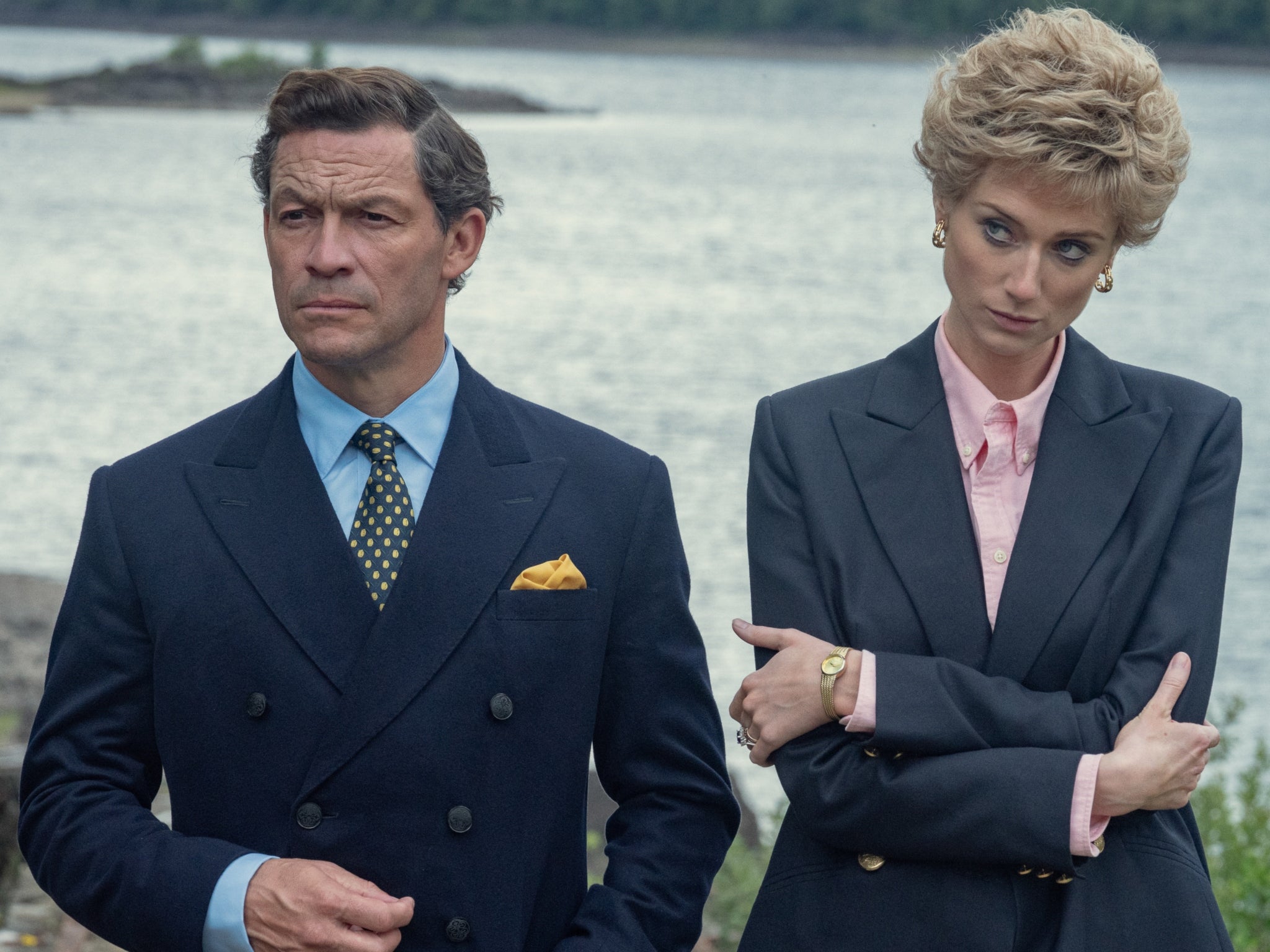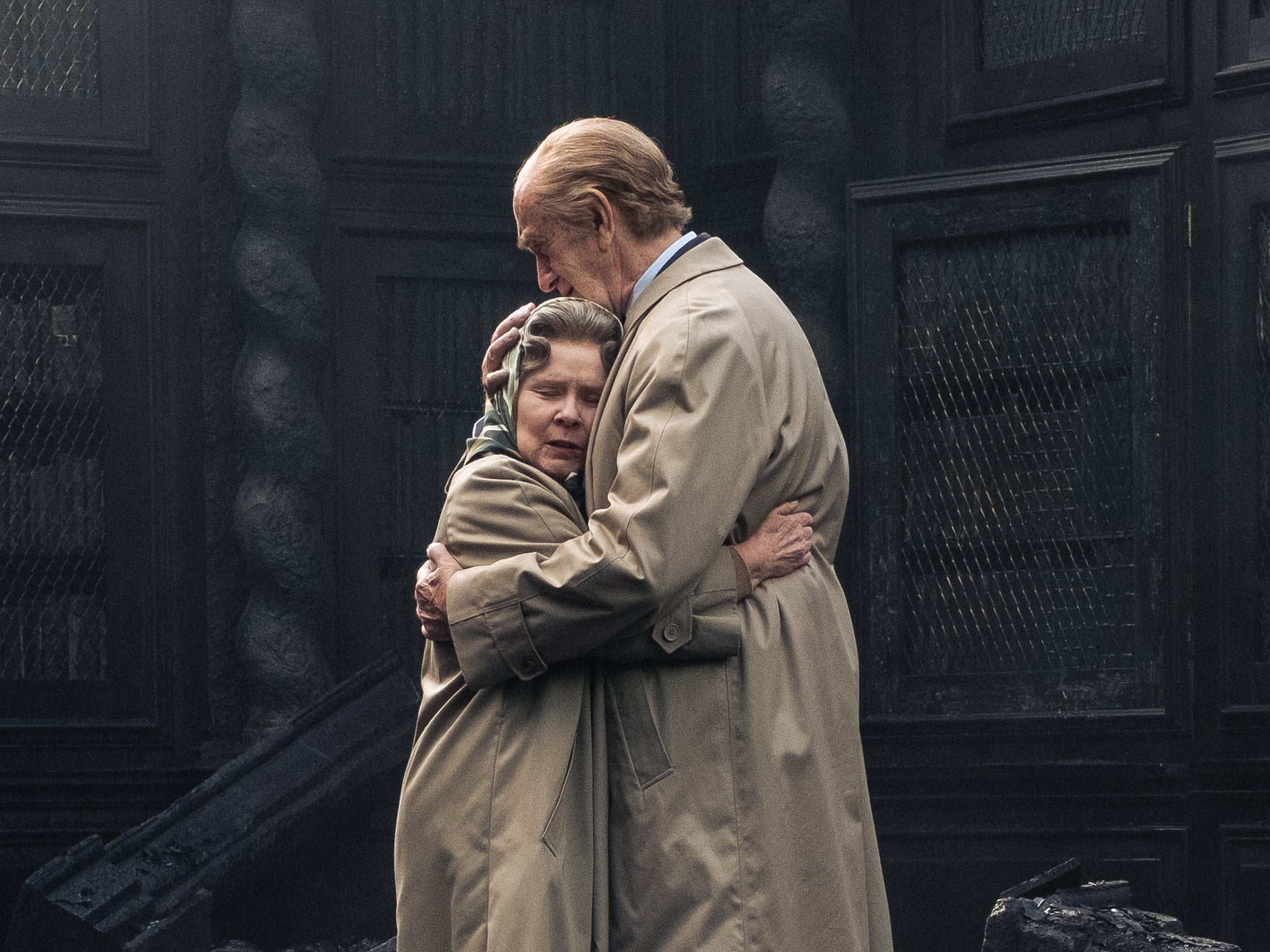Your support helps us to tell the story
From reproductive rights to climate change to Big Tech, The Independent is on the ground when the story is developing. Whether it's investigating the financials of Elon Musk's pro-Trump PAC or producing our latest documentary, 'The A Word', which shines a light on the American women fighting for reproductive rights, we know how important it is to parse out the facts from the messaging.
At such a critical moment in US history, we need reporters on the ground. Your donation allows us to keep sending journalists to speak to both sides of the story.
The Independent is trusted by Americans across the entire political spectrum. And unlike many other quality news outlets, we choose not to lock Americans out of our reporting and analysis with paywalls. We believe quality journalism should be available to everyone, paid for by those who can afford it.
Your support makes all the difference.Queen Elizabeth II reigned for a record 70 years and 214 days, overtaking her great-great-grandmother Queen Victoria, who previously held the record of being on the throne for 63 years and 216 days.
But, in the newest series of The Crown, it has been suggested that the then-Prince of Wales wanted his mother to abdicate the throne as early as the 1990s.
In an episode titled “Queen Victoria Syndrome”, the then-Prince Charles (Dominic West) references a poll that showed he was more popular among the British public than his mother.
The poll was also titled “Queen Victoria syndrome” and is believed to have appeared in The Sunday Times.
According to History Extra, the poll suggested that nearly half the British population supported an “eventual” abdication by Queen Elizabeth II.
“Queen Victoria Syndrome” was a concept whereby the public could become tired of a monarch who is getting older and, by extension, a royal family that leads lives vastly different from the average person.
It came during a period of tumultuous relationships within the royal family began spilling out into the public eye, most notably Prince Charles’ failing marriage to Diana, Princess of Wales.
Charles and Diana’s crumbling marriage ended in a separation in 1992, a year that also saw the Princess Royal divorce Captain Mark Phillips and the separation of the Duke and Duchess of York. The late Queen famously called it her “annus horribilis”.

The popularity of the monarchy was in steep decline, with three out of four Britons polled believing that the royal family was falling apart. There was also growing concern that the monarchy was costing the country too much money.
In November 1992, the Queen volunteered to pay income tax, which marked the first time since the 1930s that a British monarch would pay such a tax.
She also agreed to take responsibility for the working expenses of most of her family from 1993. However, Buckingham Palace denied that the announcement was related to the growing dissatisfaction with the royals among the British public.
The Queen’s “never complain, never explain” approach to reigning over the country also did her no favours in 1997, when Diana tragically died in a car crash in Paris.

It took the monarch five days after the princess passed away to address the loss. The Queen’s silence in the immediate aftermath of the untimely death sparked huge waves of anger around the UK, although Her Majesty’s close friend and cousin Margaret Rhodes told CNN that she had been in Balmoral “being a proper granny” to young Princes William and Harry, who had just lost their mother.
But, once the Queen and other members of the royal family were seen viewing tributes to Diana and holding a royal ceremonial funeral for the late princess, the public’s mood appeared to change.
Since the tragic events of 1997, the royal family have regained their popularity, particularly the Queen. Her longevity became valuable rather than worrisome in the eyes of the population, with her former press secretary Charles Anson remarking after her golden jubilee: “Suddenly people got the point of the Queen, who had been doing her job for 50 years.”
Queen Elizabeth II died on 8 September this year, which saw the asseccion of King Charles III to the throne.




Join our commenting forum
Join thought-provoking conversations, follow other Independent readers and see their replies
Comments